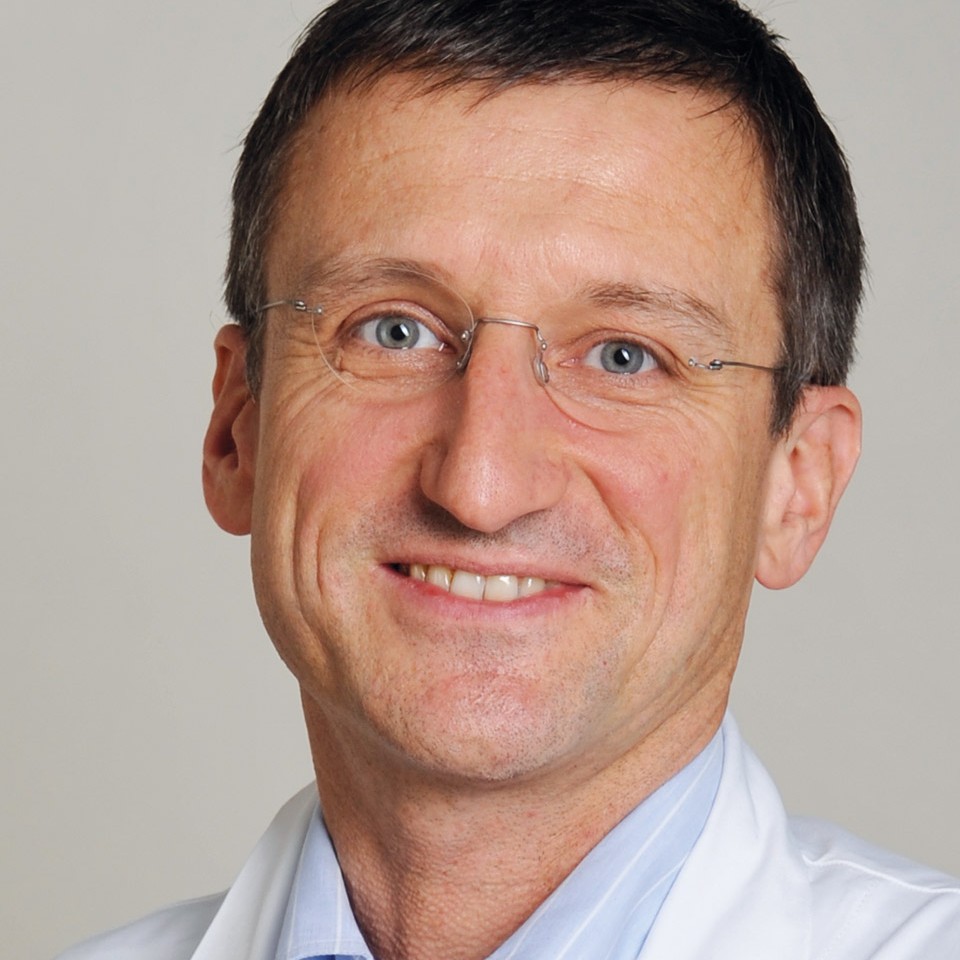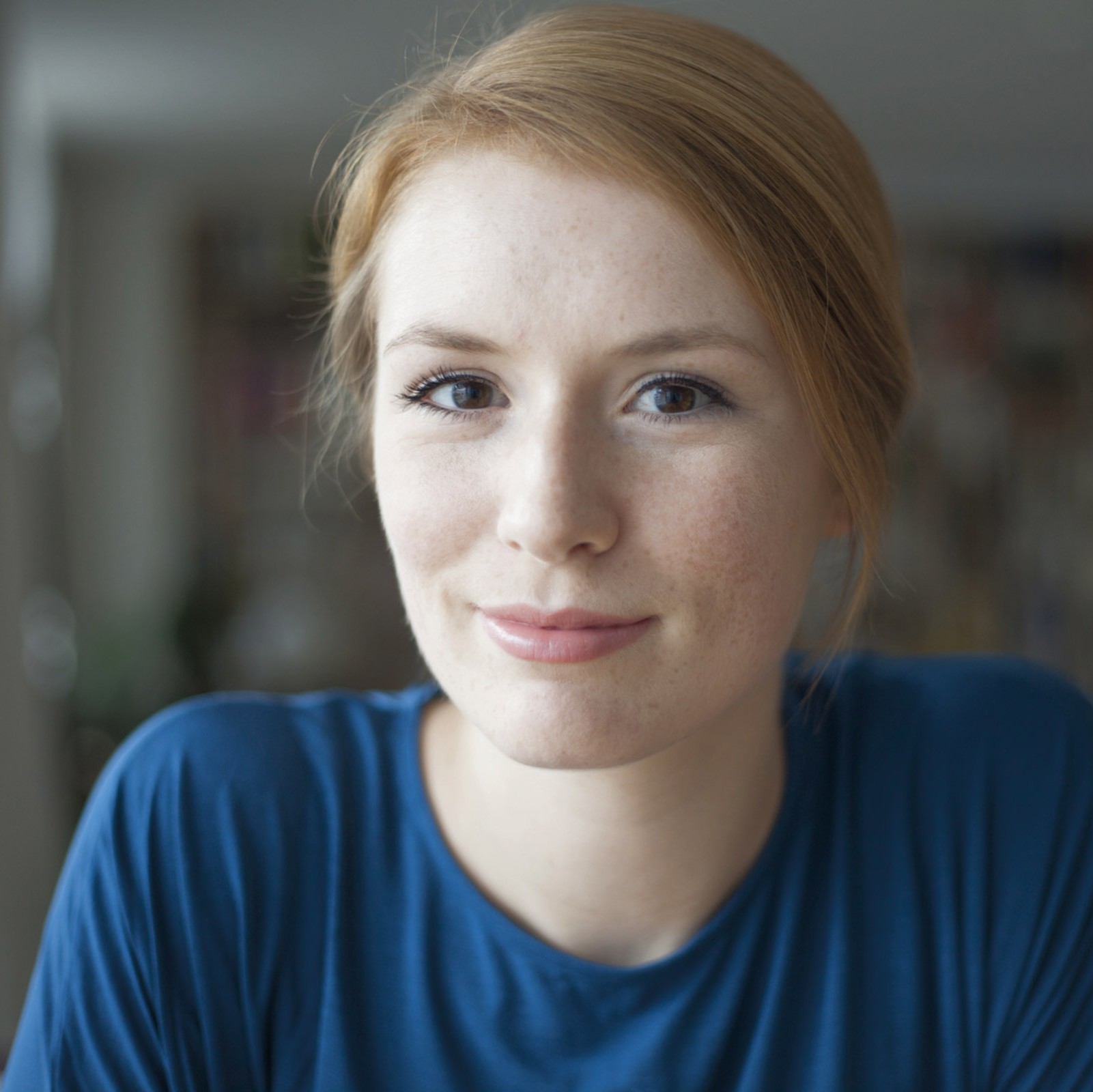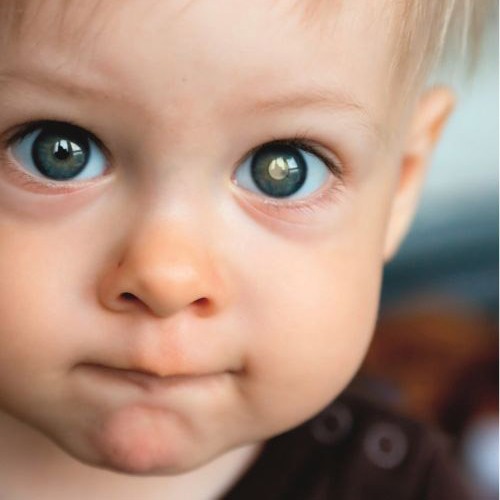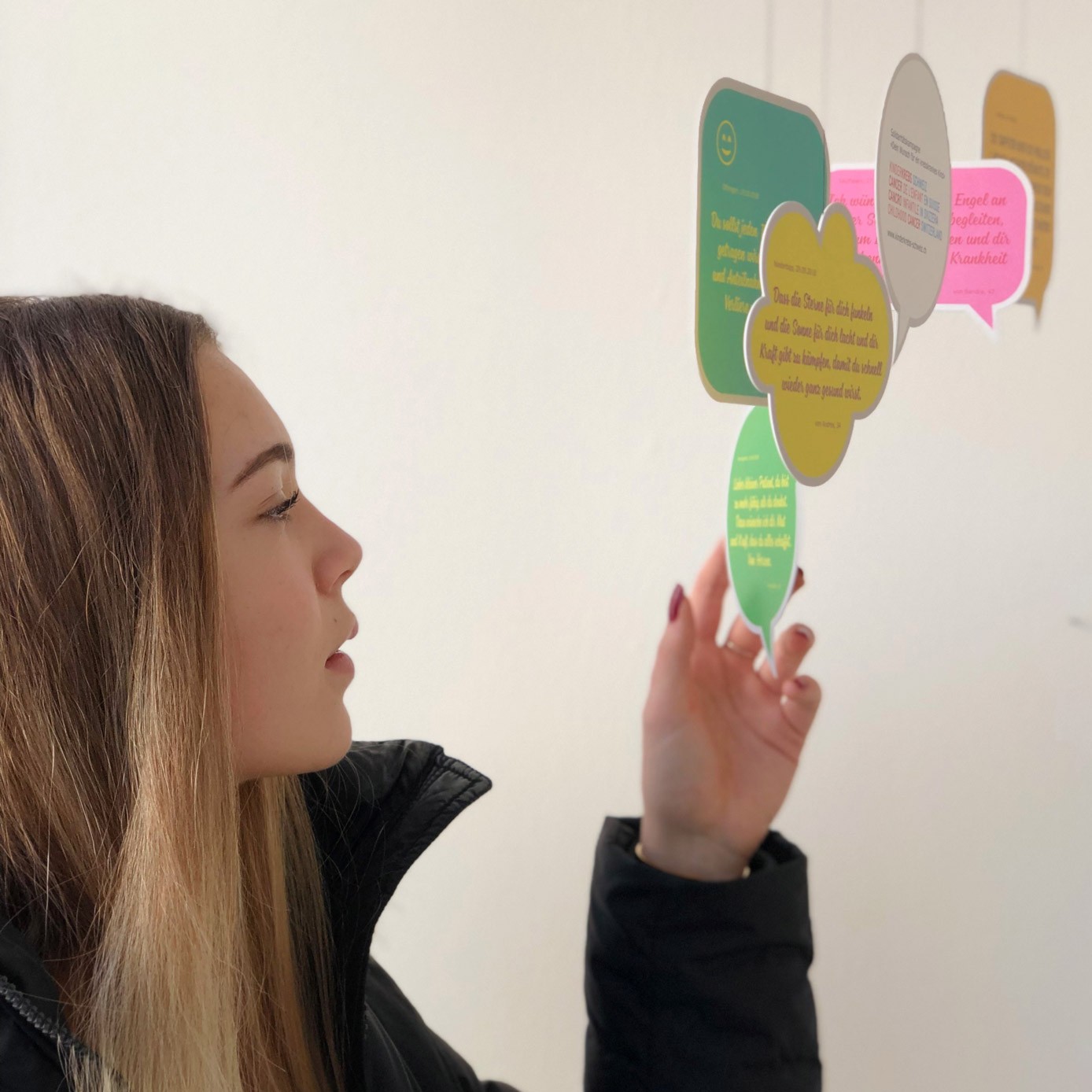Even though the chances of survival have improved significantly in recent decades thanks to medical advances, cancer remains the second most common cause of death in this age group after accidents. Clinical research in Switzerland must be advanced further in order to continuously improve the chances of recovery for those affected and to reduce late effects. This takes place in specialist children’s hospitals and is coordinated centrally by the Swiss Paediatric Oncology Group (SPOG).
Childhood cancer is different
Cancer in children is different and much rarer than in adults. Nevertheless, around 300 children and adolescents in Switzerland are still diagnosed with cancer every year. In over 50 per cent of cases, the disease affects infants and young children. The most common forms of cancer in these patients are leukaemia (33%), brain and spinal tumours (20%), lymphomas (13%) as well as a number of embryonic tumours, such as neuro- and retinoblastomas. However, children not only suffer from a variety of different forms of cancer than adults, they also sometimes react differently to the drugs and methods used in therapy. In addition, there is the risk of long-term consequences, from which up to 80 per cent of children and adolescents who are considered cured suffer. Because childhood cancer is not like adult cancer and children need special protection, we need research that is specifically tailored to this patient group.
Childhood cancer research in Switzerland
In Switzerland, the nine specialist clinics that treat children and adolescents diagnosed with cancer are united in the Swiss Paediatric Oncology Group (SPOG). This group organises and monitors all research projects and carries out the complex procedures that an international trial must go through in order to be adapted to Swiss legislation. Only then can a child participate. And the hospitals concerned are also subject to maximum quality controls to protect the young patients. They have to follow precisely prescribed procedures and document the therapies meticulously. These elaborate processes result in very high costs both for the clinics and for the responsible research organisations.
Why is clinical childhood cancer research so important?
Prof. Nicolas von der Weid, MD, Head of Oncology / Hematology at the University Children’s Hospital Basel (Video in German).
What healing successes and new therapies are made possible through clinical research?
Pierluigi Brazzola, MD, Istituto Pediatrico della Svizzera Italiana, Bellinzona (Vidoe in Italian with German subtitles).
Clinical research saves children’s lives
In contrast to basic research, clinical research focuses on people. Patients participating in clinical trials receive optimal treatment, and, at the same time, new medical knowledge can be gained. This knowledge helps to better understand the various types of cancer and to develop more modern therapy methods. In the case of childhood cancer, clinical research aims to improve the survival chances of young patients and reduce the long-term consequences. As childhood cancer is a rare disease, the successes of recent decades in terms of curing children were only possible because paediatric oncologists and researchers worked together closely in international clinical trials. The survival rate for patients suffering from types of cancer that were fatal 50 years ago is now over 80 per cent. Participation in these international research projects also makes it possible for Swiss children and adolescents to benefit from the world’s most innovative cancer therapies.
Three voices from research
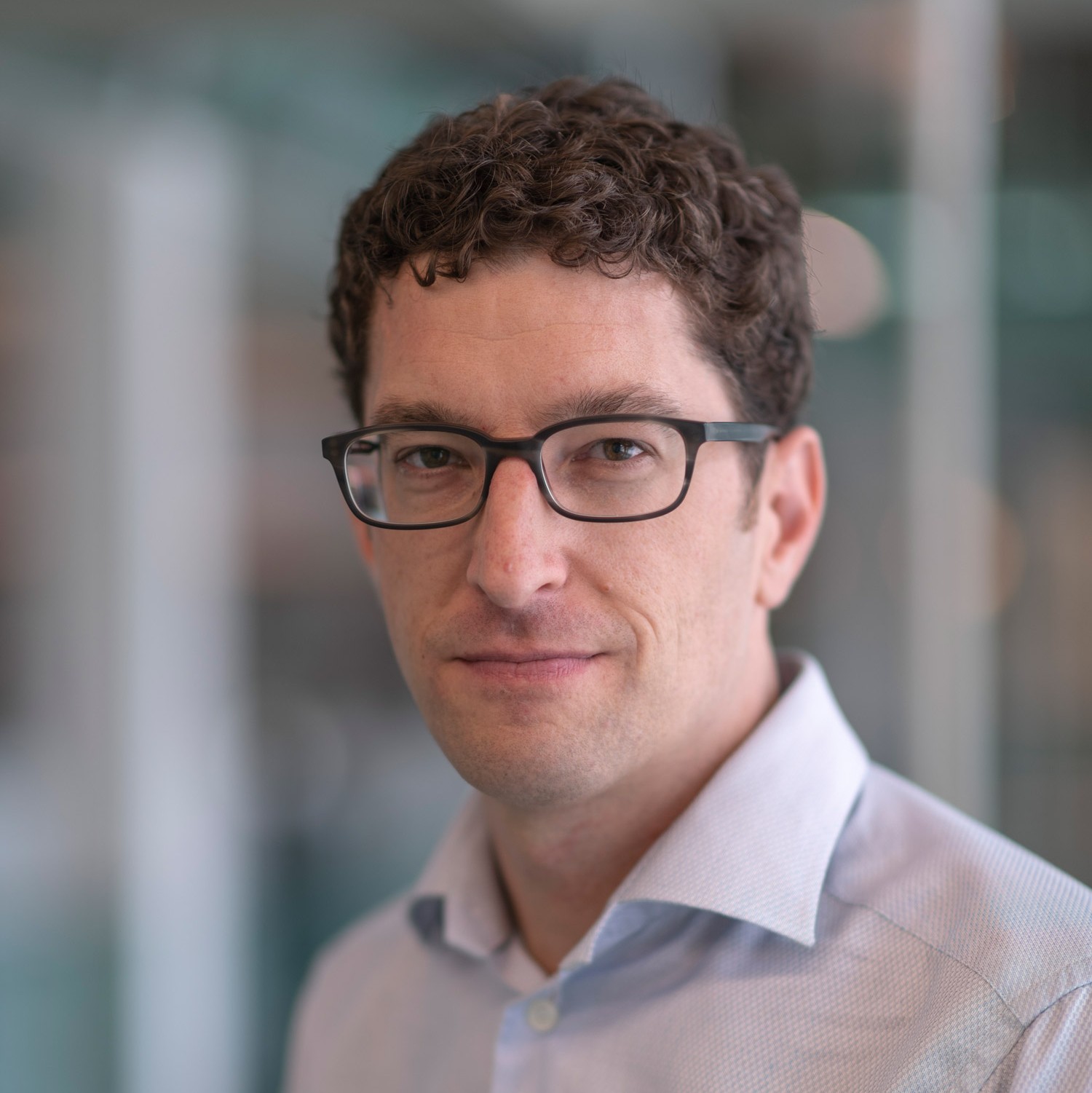
“In Switzerland, one child or adolescent dies of cancer almost every week”
Nicolas Waespe, MD
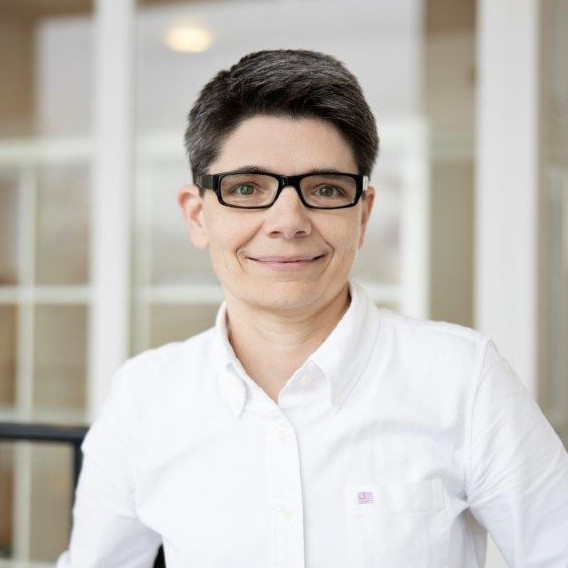
“Without clinical research, many children with a brain tumour would not survive”
Katrin Scheinemann, MD
Clinical research needs support
As childhood cancer is a rare disease, a relatively large number of research projects is needed for a small group of patients. This is very cost-intensive and not very lucrative for the pharmaceutical industry. For this reason, research in the field of childhood cancer is conducted almost exclusively by non-profit, academic organisations. In the case of the Swiss national research organisation SPOG, approximately 40 per cent of the costs are covered by government research funding, while the remaining 60 per cent have to be financed from other sources. This is why clinical research relies heavily on contributions from funding foundations and private donations. In order for children and adolescents to continue to have access to cutting-edge cancer therapies, research thus requires sufficient financial resources. This is the only way to ensure that the chances of recovery and the quality of life of those affected can be continuously improved.
"Why does clinical childhood cancer research need support?"
Isabelle Lamontagne-Müller, Managing Director of the Swiss Paediatric Oncology Group SPOG, Bern ( Video in German).

